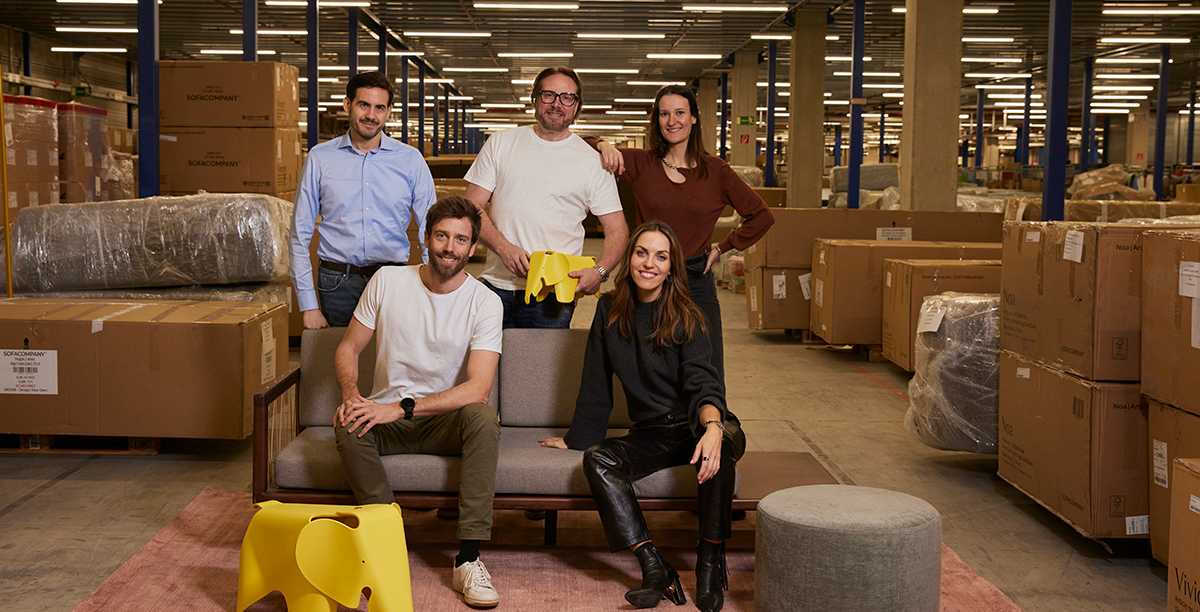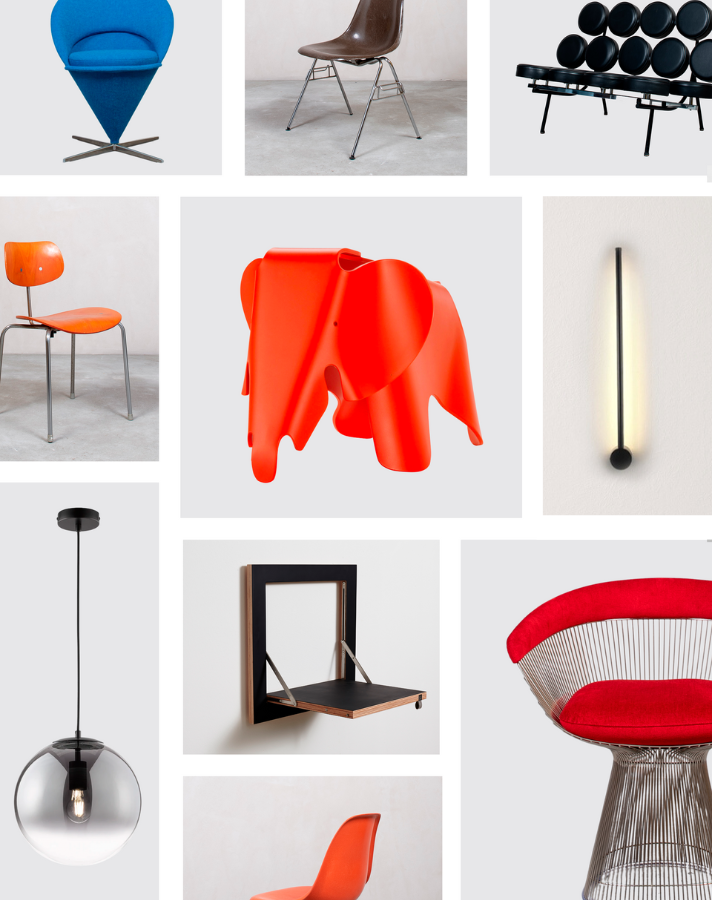
Reducing consumption and promoting circular economy are essential steps towards sustainable living. Our modern lifestyle, driven by the desire for novelty and convenience, has fostered a culture of overconsumption with severe repercussions on our planet. In the European Union alone, we produce more than 2.5 billion tonnes of waste every year.
In light of this scenario, there is a need to change the consumption model, which is why we welcome the emergence of initiatives such as Cocoli, an online platform that reinvents the way we find, buy and re-use furniture.
Furniture production has many environmental impacts. Much furniture is made of wood, which contributes to deforestation. Logging has negative impacts on biodiversity and climate change, as forests are important carbon sinks. In addition, furniture production and the use of raw materials are associated with high energy expenditure, which leads to greenhouse gas emissions.
Berlin-based startup Cocoli’s approach focuses on buying and selling quality second-hand designer furniture, helping to counteract the negative externalities of the traditional interior design model. Repair, refurbishment and remanufacturing enable value recovery, economic growth and job creation in the European furniture industry while saving resources and protecting the environment.
«Furniture companies and individuals who want to furnish their homes alike, are affected by high inflation and supply-chain crisis. COCOLI offers three opportunities: private sellers find an additional source of income with us; good quality design furniture becomes accessible to more people thanks to reduced prices and we establish circular economy as a real option when buying furniture.”
Gemma Comabella, CEO COCOLI.

Our investment
At Ship2B ventures we believe in Cocoli’s potential for impact, which is why we have led the recent €3 million funding round through BSocial Impact Fund – supported by the EIF, Banco Sabadell and AXIS –, with the participation of Adevinta Ventures and IBB Ventures. In addition, renowned business angel Justus Janauskas (co-founder of Vinted), together with Fanny Moizant (co-founder of Vestiaire Collective) and Helen Zeitoun (CEO and founder of IPSOS, GfK), are investing for the second time in COCOLI’s vision of a sustainable furniture market.
The financial injection of over 3 million Euros enables the online platform for preloved design furniture to further increase the triple-digit growth of the founding year. In the coming months, the team will focus on optimizing unit economics, measuring and improving the climate footprint of its activities, automating back-end technologies and advancing its long-term goals in the fast-growing segment of the circular economy.
“Gemma and the whole COCOLI team are purpose-driven entrepreneurs with a proven grasp on the business delivering consistent growth month over month. We are excited to partner in their mission to provide a second life to used quality furniture across Europe which would otherwise end up in landfills or incinerated.”
Marc Sabas, Investment Director at Ship2B Ventures
Why preloved furniture
The COCOLI community is bringing Preloved’s unique design to more people in a revolutionary, sustainable and transparent way. All designs are reviewed by experts for condition, quality and authenticity, ensuring that buying second-hand furniture is a sustainable alternative to buying new.
Here are the various reasons why second-hand furniture is environmentally friendly:
Resource conservation
Making new furniture requires a significant amount of resources, such as wood, metals, plastics and energy. Buying used furniture reduces the need for new resources by reusing existing furniture. According to the European Environmental Bureau, buying used furniture can save up to 99% in greenhouse gas emissions compared to new furniture.
Energy saving
Furniture manufacturing also requires significant amounts of energy for the extraction of raw materials, manufacturing processes, transport and assembly. Buying used furniture significantly reduces the energy required to make new furniture. According to a 2013 study by the London Environment Agency, buying used furniture can generate up to 73% of energy savings compared to new furniture.
Waste reduction
Second-hand furniture is a form of recycling as it helps to reduce waste of old furniture. When furniture is no longer used, it often ends up in landfills, which contributes to pollution. Buying second-hand furniture extends the useful life of furniture and thus avoids waste.
But not only used furniture awaits a new chance, there are also many other categories of furniture that can no longer be sold as «new» for various reasons. So-called B-goods, products from previous seasons or returns that have suffered minor scratches or damage during transport can no longer be offered in the usual sales channels. COCOLI allows us to give this furniture a second life and we make it part of the circular economy by prolonging the life cycle of furniture and reducing the production of new products.
